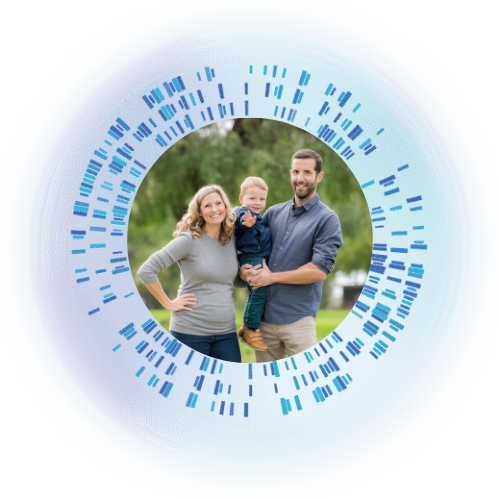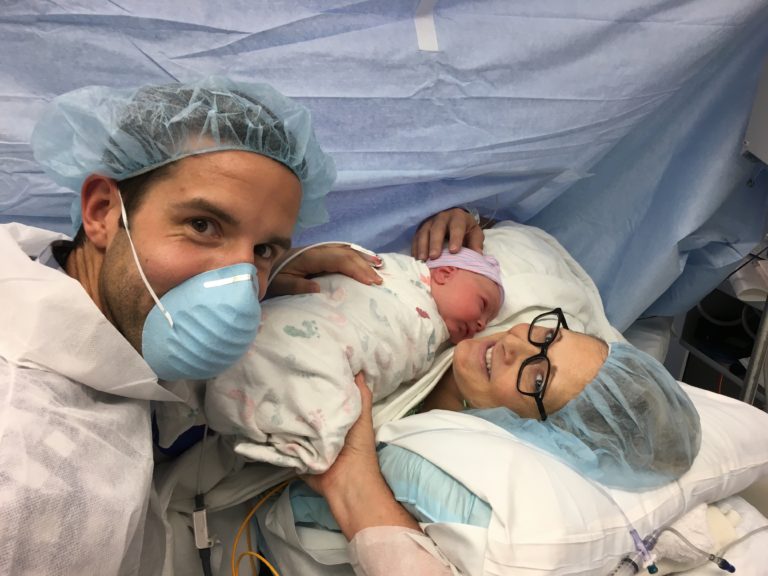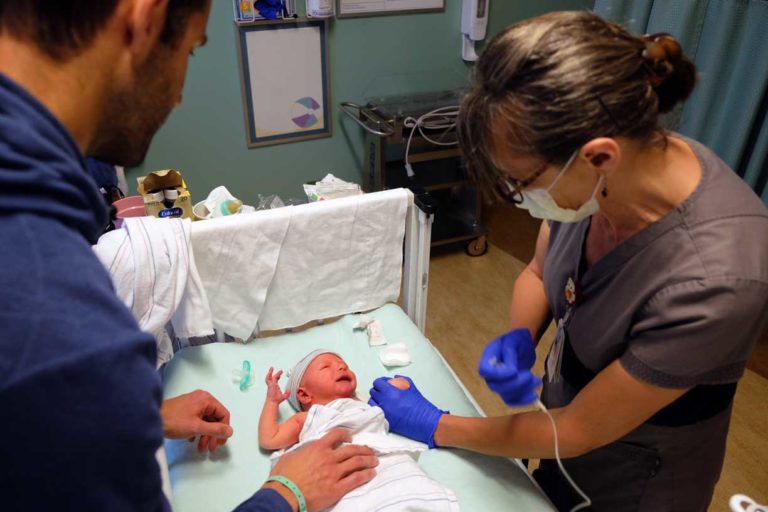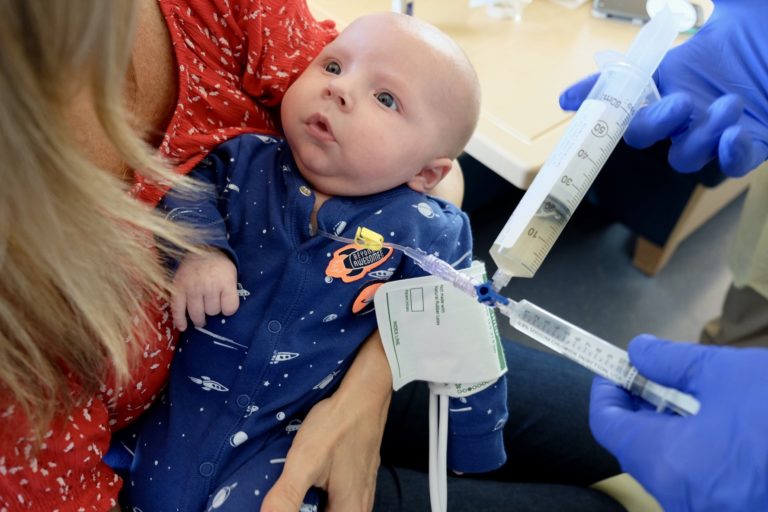Less than a week after Fitz was born, a newborn screening test revealed a rare genetic condition called Severe Combined Immunodeficiency (SCID), commonly known as “bubble boy disease.” Rapid whole genome sequencing pinpointed the exact type of SCID and helped guide life-saving treatment decisions.


Rady Children’s Institute for Genomic Medicine was instrumental in our son’s life in helping determine what path he was going to go down after getting his diagnosis.
— Christina Kettler, Fitz’s Mom
The prognosis was devastating.
Babies with Fitz’s condition have no immune system and often do not reach their first birthday.
Rapid Whole Genome Sequencing provided crucial information that would start the Kettler family on a journey of hope.

Fitz appears perfectly healthy at birth. Just 36 hours after returning home from the hospital, though, a newborn screening test shows Fitz has SCID. He is admitted to Rady Children’s.

Whole genome sequencing, completed within 92 hours, reveals that Fitz has Artemis-deficient SCID (ART-SCID), one of about 20 variations of the disorder. The precise diagnosis allows Fitz to qualify for a gene therapy clinical trial.

Fitz spends four months at UCSF Benioff Children’s Hospital in San Francisco. Doctors extract his stem cells, inject them with a corrected copy of the flawed gene that causes SCID, then infuse the cells back into Fitz’s body. The new cells provide instructions for his body to develop a healthy immune system.

Thanks to the gene therapy, Fitz’s immune system rebounded. This medical science trailblazer is now an active, happy and curious 2 ½ year old, who will soon have a baby sister.
© 2025 Rady Children's Institute for Genomic Medicine.